#stonecrops
Explore tagged Tumblr posts
Text
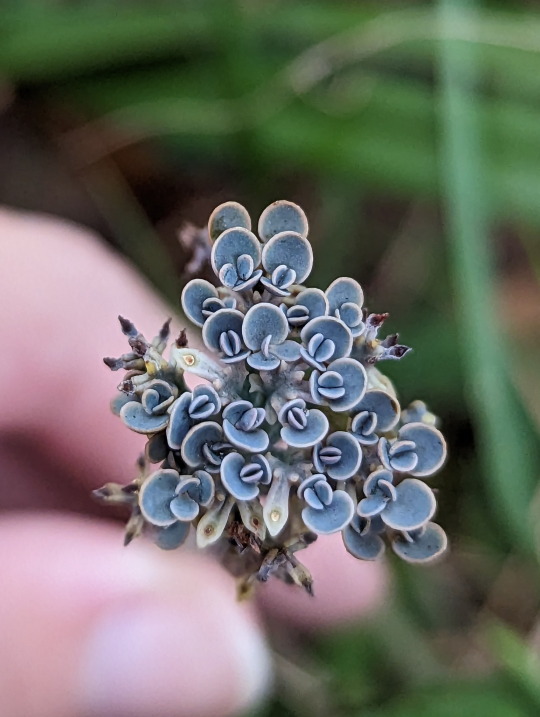
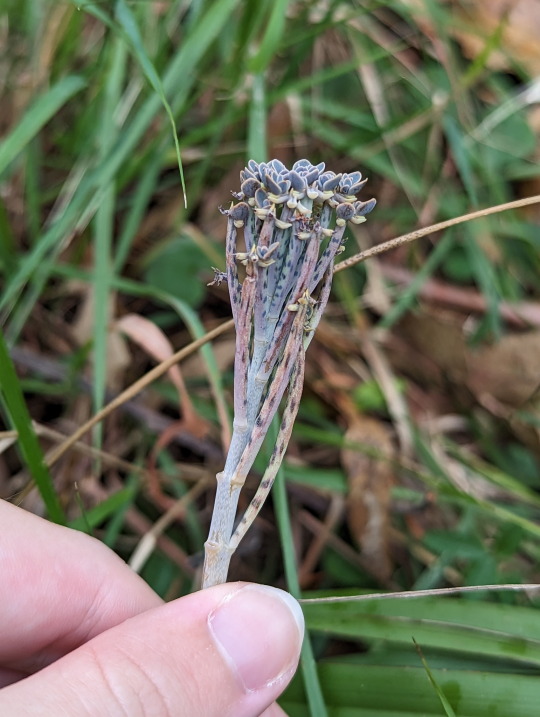
Mother-of-Millions
Kalanchoe delagoensis
20/03/23 - NSW
#Kalanchoe delagoensis#Mother-of-Millions#Kalanchoe#Kalanchoes#Crassulaceae#stonecrops#Magnoliopsida#Dicots#Angiospermae#angiosperms#Flowering Plants#flowers#Tracheophyta#Vascular Plants#Plantae#Plants#botany
351 notes
·
View notes
Text
Stonecrop! (Genus Sedum)

Labagh Woods - Chicago, IL - April 6th 2024
Do you know what species this is? Help me identify it on INaturalist here
Stonecrops are a Succulant Dicot. Species of Stonecrop can be found across the world. I think they look super cool, I didn't know they existed before finding this plant and was very shocked to find a succulent in the forest preserves of Chicago.
13 notes
·
View notes
Text
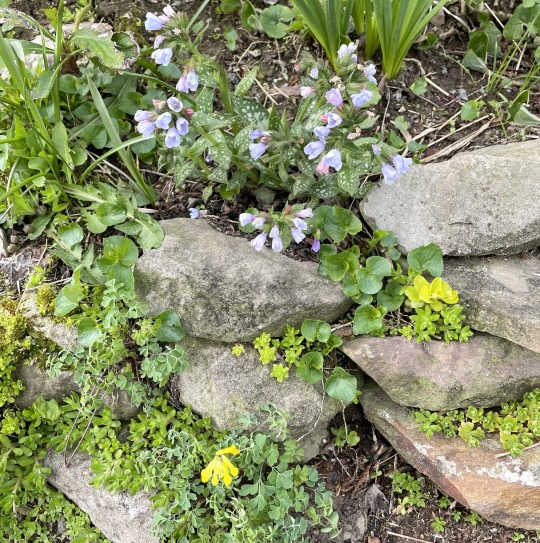
Detail from the front garden.
#pennsylvania#garden#flowers#spring garden#gardeners on tumblr#april#pulmonaria#stonecrop#yellow corydalis#moneywort#violet leaves
240 notes
·
View notes
Text




Sedum oreganum and moss
38 notes
·
View notes
Text


Plant of the Day
Saturday 17 August 2024
Growing on this stone wall in Stromness, Orkney was Sedum spurium (Caucasian stonecrop, crimson stonecrop, large fringed stonecrop). This is a vigorous, mat-forming, semi-evergreen perennial with fleshy leaves on a spreading, rooting stems. The flowers are produced in late summer being pink or white in colour.
Jill Raggett
#sedum#Caucasian stonecrop#crimson stonecrop#large fringed stonecrop#succulent#perennials#creeping#stone wall#Stromness#pink flowers#orkney
100 notes
·
View notes
Text










Second day of fall along Muddy Creek at the historic Virginia Iron Furnace near Albright, West Virginia.
#appalachia#vandalia#west virginia#flora#wildflowers#muddy creek#preston county#albright#virginia iron furnace#crooked-stemmed aster#crooked stem aster#bluestem goldenrod#blue-stemmed goldenrod#fungi#woodland stonecrop#fall#autumn
62 notes
·
View notes
Text

Show-y and fiery
#nature#photography#nature photography#flowers#floral#naturecore#fall#fall flowers#white flowers#showy stonecrop#sedums#fiery skipper#skippers
35 notes
·
View notes
Text

The first chapter of my comic: The Stonecrop Serpent, is now available as a PDF on Ko-Fi!
Krait'Snap's first memory is of dying. Rescued from her fate by Cobra'Hood, the young cat must solve the mystery of her near-death and find a way to repay her new family; no matter the cost.
A sci-fi dystopian story about queer cats, disability, sacrifice and the value of one's life
#tss#ist tss#the stonecrop serpent#inner sancterrarium#kraitsnap#chapter 1#xenofiction#scifi#dystopia#cat#feline#furry#mecha#cyberpunk#comic
14 notes
·
View notes
Text




Sedum spectabile (butterfly stonecrop var: 'Brilliant')
The butterfly stonecrop is a reliable late-summer/early-fall bloomer. At this time of year they face less competition from other flowers and, I assure you, all the local bees are paying a lot of attention to this beautiful, pink variety, 'Brilliant'.
#flowers#photographers on tumblr#butterfly stonecrop#pink#October#fleurs#flores#fiori#blumen#bloemen#vancouver
141 notes
·
View notes
Text










Enjoying a walk through Stonectop’s glass houses on a foggy day. The color and scents were lovely. Glad we support them every year.
18 notes
·
View notes
Text
"The cuteness of spreading stonecrop is primarily due to its teeny, round, pudgy, succulent leaves. The leaves are stemless (sessile) and arranged on opposite sides of the stalk.
They stay green all year—unless they are stressed, when they turn red or maroon.
They look good enough to eat—like a vegetative gumdrop—and Pojar and Mackinnon tell us that, indeed, the leaves can be eaten!"
27 notes
·
View notes
Text


Sierra Stonecrop Sedum obtusatum
7/24/2022 Sierra National Forest, California
#flowers#flower#california#california wildflowers#wildflower#wildflowers#yosemite#mammoth#ansel adams wilderness#backbacking#backpackers#camping#hiking#my photos#sierra nevada#sierras#sierra nevadas#mountain#mountains#succulent#succulents#california native plants#california plants#native succulent#sierra stonecrop
31 notes
·
View notes
Text
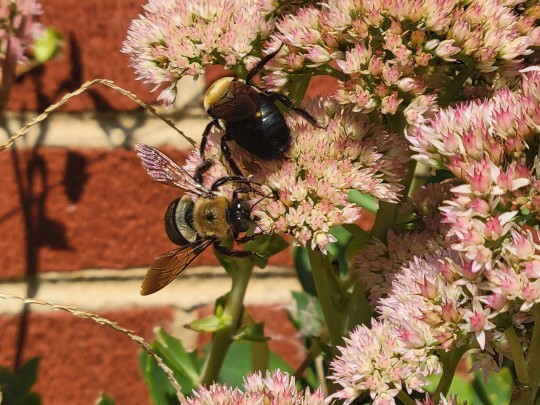
The fat lil bumblebees from my pollinator garden today ✨️🐝
22 notes
·
View notes
Text

Sedum x 'Little Miss Sunshine' / 'Little Miss Sunshine' Stonecrop at the Sarah P. Duke Gardens at Duke University in Durham, NC
#Sedum x 'Little Miss Sunshine'#Sedum#Crassulaceae#Little miss sunshine Stonecrop#Stonecrop#Succulents#Plants#Flowers#Nature photography#photography#photographers on tumblr#Sarah P. Duke Gardens#Duke Gardens#Duke University#Durham#Durham NC#North Carolina#🌺🌻
13 notes
·
View notes
Text
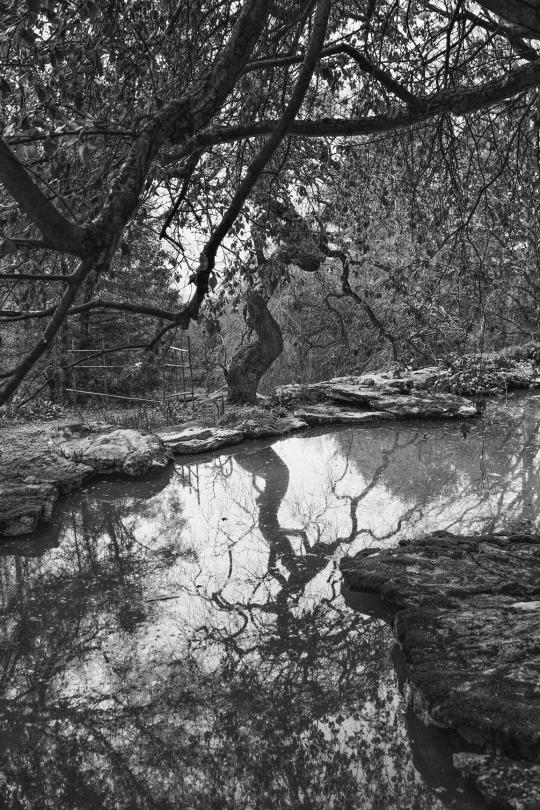
Cold Spring. April 2024.
#black and white photography#bnw#upstatenewyork#coldspring#japanesestyle#stonecrop#fujifilm#fujixpro3
21 notes
·
View notes
Text

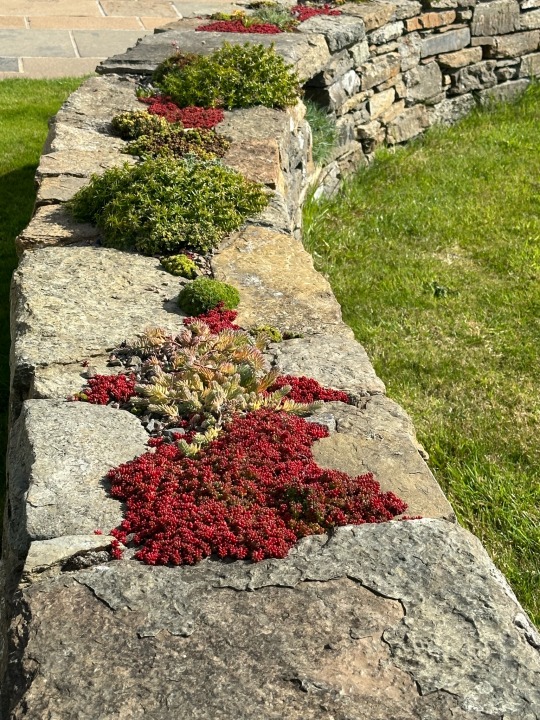

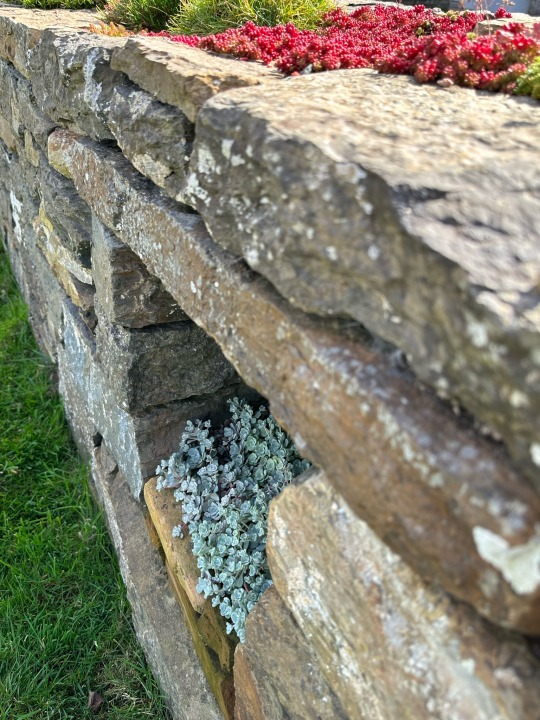
Plant of the Day
Tuesday 12 September 2023
This garden dry stone wall hosts a number of Sedum species including the grey foliaged Sedum spathulifolium 'Cape Blanco' (spoon-leaved stonecrop). The fleshy rosettes are silver-grey in winter becoming blue-grey in summer, overlaid with a white bloom which intensifies with drought.
Jill Raggett
#sedum#spoon-leaved stonecrop#stonecrop#dry stone wall#plants#succulent#drought tolerant#horticulture#gardens#garden#Shelia Fleet#orkney#greyfoliage
288 notes
·
View notes